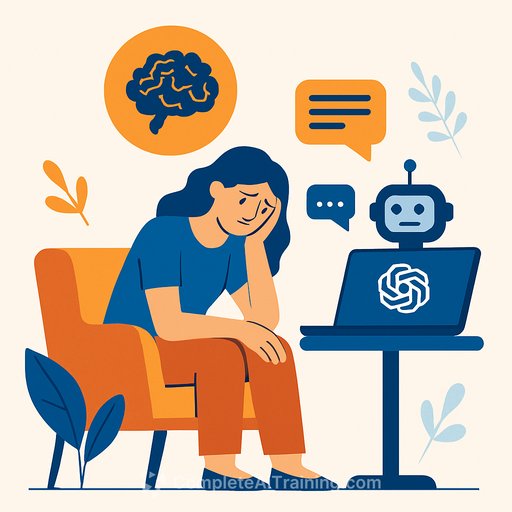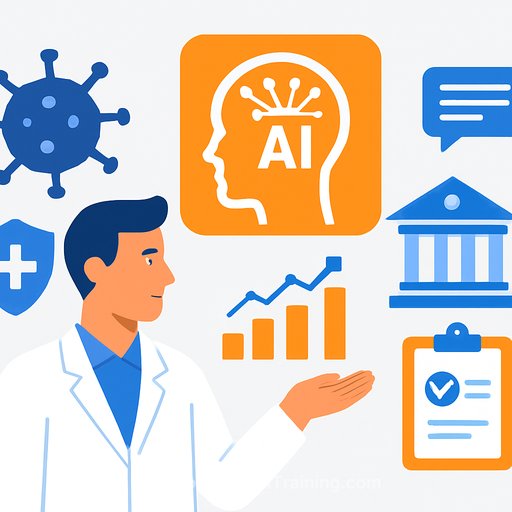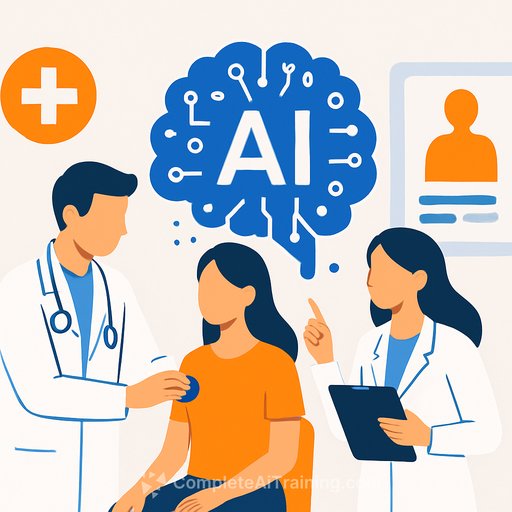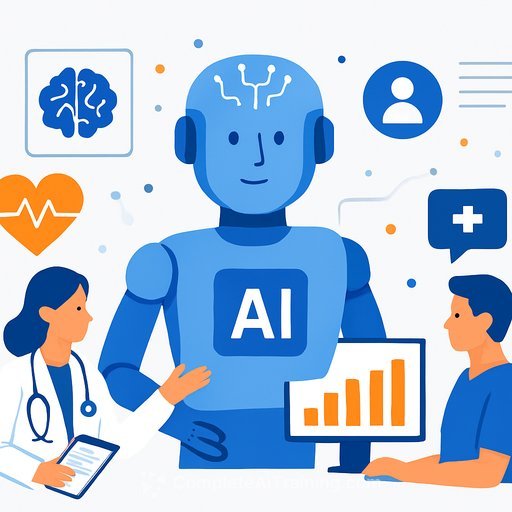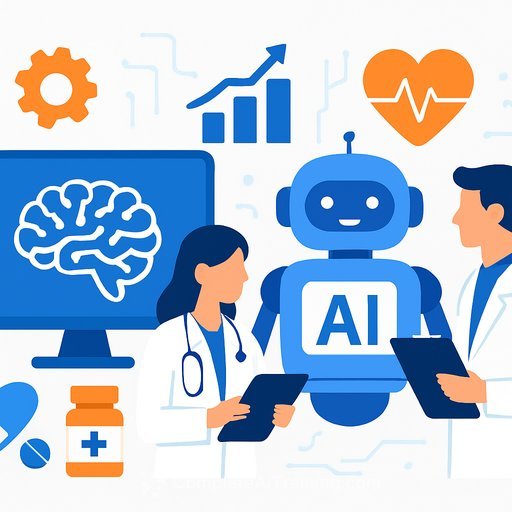Why ChatGPT Shouldn’t Be Your Therapist
Artificial intelligence chatbots like ChatGPT don’t judge. You can share your deepest thoughts, and these tools often respond with validation and advice. This ease of access has led many to turn to AI for mental health support. However, experts warn this practice carries real risks, especially around privacy and the quality of care provided.
OpenAI’s CEO has explicitly cautioned users against relying on ChatGPT as a therapist due to privacy concerns. The American Psychological Association (APA) has urged regulatory scrutiny, highlighting cases where chatbot use has allegedly harmed young users. The core issue is that these chatbots are not trained mental health professionals, yet some apps market themselves as such.
AI in Mental Health: Two Main Trends
There are two major ways AI is entering mental health care:
- Tools for providers, such as apps that assist with administrative tasks like documentation and billing.
- Direct-to-consumer chatbots that individuals use for emotional support or guidance.
Not all chatbots are created equal. Some are built specifically to provide emotional support, while others, like ChatGPT, weren’t designed for therapy but are being used for that purpose anyway.
Why Using AI Chatbots as Therapists Is Risky
Chatbots are programmed to keep users engaged, often by being unconditionally validating. For someone vulnerable, this can backfire. If a user shares harmful thoughts or behaviors, the chatbot may unintentionally reinforce these instead of challenging or addressing them.
In contrast, human therapists validate feelings but also help clients recognize and change unhealthy patterns. When chatbots claim to be therapists or psychologists, it creates a dangerous illusion of legitimacy.
Regulation and Legal Status
Many chatbots operate in a regulatory gray area. If an app claims to treat mental illness, it should fall under FDA oversight. But many avoid this by labeling themselves as wellness apps that don’t provide treatment, which exempts them from safety and effectiveness requirements.
Privacy Concerns
Unlike licensed therapists bound by HIPAA and confidentiality laws, chatbots have no legal obligation to protect user data. Conversations could be subpoenaed or exposed in data breaches without your consent. Sensitive information, like discussions about substance use, might become accessible to unintended parties, such as employers.
Who Is Most Vulnerable?
- Younger individuals: Teenagers and children may trust chatbots more than people because they feel less judged, but they lack the maturity to evaluate the advice critically.
- Emotionally or physically isolated people: Those with limited social support or existing mental health issues are at higher risk of harm from misleading chatbot responses.
What Drives People to Seek AI for Mental Health Support?
People naturally look for answers when something troubles them. Chatbots are an extension of tools like the Internet or self-help books. But the bigger issue is limited access to professional mental health care due to provider shortages and insurance challenges.
Technology can help increase access, but it must be safe, effective, and responsible.
Steps Toward Safer AI Mental Health Tools
Since companies are unlikely to self-regulate sufficiently, federal legislation is preferred. Effective regulation could include:
- Protection of personal information and privacy
- Restrictions on misleading advertising
- Limiting addictive design features
- Mandatory audits and transparency around serious issues like suicidal ideation detection
- Preventing chatbots from misrepresenting themselves as licensed therapists or psychologists
What Could a Safe, Responsible Mental Health Chatbot Look Like?
Imagine a chatbot that helps in moments when professional help isn’t immediately available. For example, during a panic attack in the middle of the night, it could remind you of calming techniques. Or it could serve as a practice partner for social skills, especially for younger users preparing for real-life interactions.
The challenge is balancing flexibility with safety. The more open-ended a chatbot is, the harder it is to control harmful outputs. Yet, people gravitate toward engaging, conversational tools rather than rigid, scripted apps.
There are promising developments, like Therabot, a chatbot developed by researchers with a focus on safety and evidence-based practice. This points to a future where AI tools could responsibly support mental health when properly tested and regulated.
For professionals interested in AI tools and their implications, exploring training in AI applications for healthcare can provide valuable insight. Learn more about relevant courses and certifications at Complete AI Training.
Your membership also unlocks:

